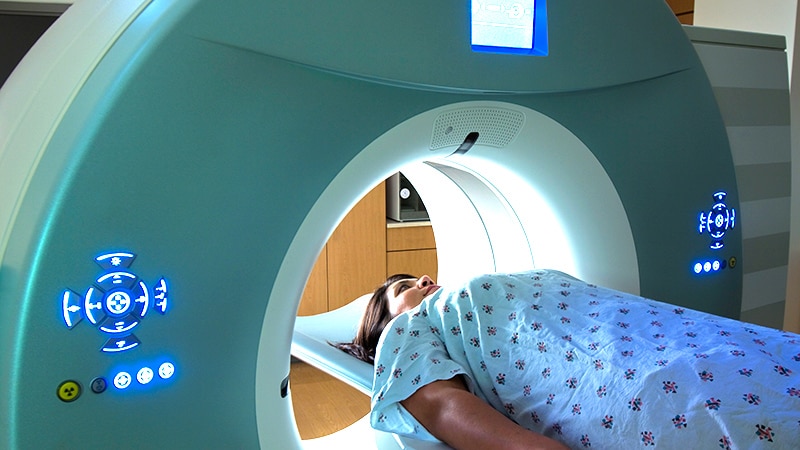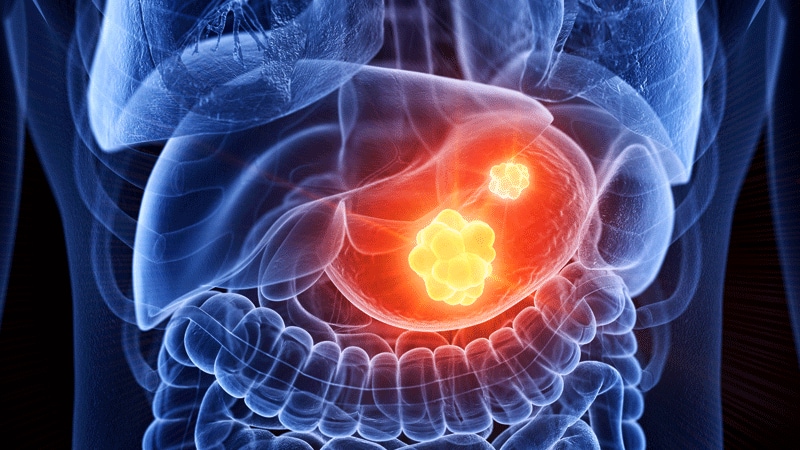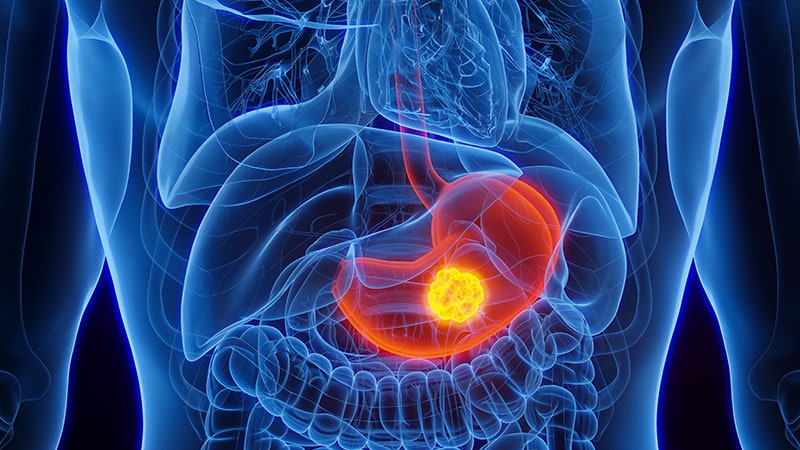Different measures of body composition differently correlate with gastric cancer risk, a new study suggests. While fat-free mass may be associated with an increased risk of gastric cancer in both sexes, fat mass may be associated with lower risk in females.
Researchers conducted a large-scale prospective analysis of 465,292 cancer-free individuals from the UK Biobank. Body composition was examined at baseline and the subsequent risk of gastric cancer was assessed.
A total of 326 cases of gastric cancer were recorded over a median follow-up of 6.6 years. The highest quartile of whole body fat-free mass in both males (aHR, 1.70; 95% CI, 1.01-2.89) and females (aHR, 2.47; 95% CI, 1.15-5.32) was significantly associated with an increased risk of gastric cancer compared with the lowest quartile. On the other hand, whole body fat mass was associated with a reduced risk of gastric cancer in females (aHR per 5-unit increase, 0.86; 95% CI, 0.74-0.99), but not in males.
Traditional measures of adiposity, including body mass index and waist circumference were associated with an increased risk of gastric cancer in males, but not in females.
Writing in the journal Cancer Medicine, the authors said: "In clinical practice, our findings provided evidence for individualized weight management for the prevention of gastric cancer." They call for further research to ascertain the causality and to explore the underlying mechanism of the sex-specific effects of fat-free mass/fat mass on gastric cancer.



